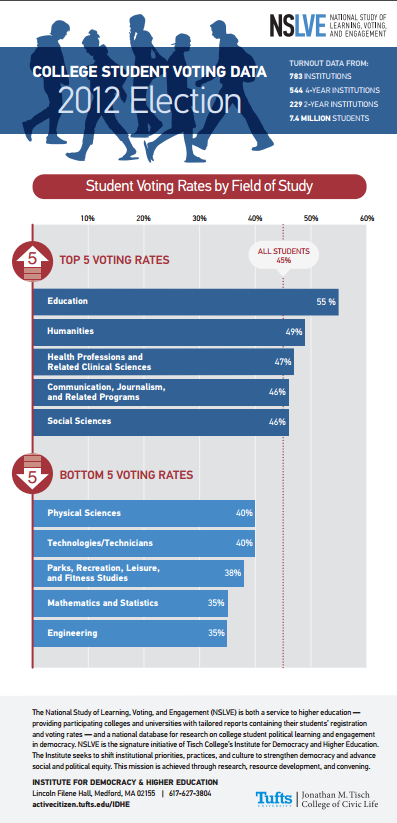I recently finished reading Voyage to Kazohinia by Hungarian author Szathmári Sándor. It’s a great book, and I highly recommend picking up a copy. As it turns out, the full English text is also available online. So you really should go read it.
I have a lot of reflections after reading this striking social satire and expect to be posting more about it throughout the week. But, as a simple start today, I share the concept of kazo.
Kazo is a core element of the novel and, quite frankly, one of those terms that I’m not sure how I’ve managed so long without having in my lexicon.
But, let’s back up a bit.
It is 1935 and the world is on the brink of a second great war. Our hero, whose travel diary we read, is a respectable British Naval officer. While on en route to be stationed aboard the Invincible off the coast of Japan, our intrepid traveler – Gulliver – is shipwrecked and finds himself among a strange people in a strange land.
You have no doubt grasped that this presents an indelible opportunity to satirize western culture, and Kazohinia does not disappoint.
In the land of the Hins – as its people call themselves – Gulliver marvels at the lack of police force:
Human life and freedom seemed to have no protection here, at least until then I had seen no policeman, nowhere was there anybody with pistol or bayonet. How could they sleep at night?
Our hero finds himself similarly confused by the Hins’ inability to differentiate between ‘crime’ and ‘punishment.’ While the proper Englishman tries to explain to a hapless Hins why social order demands that a crime be met with punishment, the Hin simply shakes his head and remarks:
It is not enough that you commit crimes, you even punish as well.
In a discussion about private property, one Hin explains that such a thing cannot exist – the only thing which belongs to a person is their body. Gulliver objects:
There are certain cases when citizens must sacrifice their lives for their country, so at such times the fatherland has our bodies at its disposal. But let us not stray too far from the point. Clothes are private property that other people cannot take away.
While our hero ironically misses the conflict in his statements, he does at first find the Hins to be a near perfect culture.
I may say, it was very strange to my European eyes, seeing this society whose every member was rich without having a single penny. As if the whole society had formed a single household in within which there were no financial problems, no written regulations, no prohibited areas, and no work status problems, but where the members of the family went about freely, helping each other with the housework, and helping themselves from a dish in the middle of the table. I felt a warm, friendly, and intimate atmosphere that I had never before felt among any such people.
And how is this peaceful synchronicity possible? Kazo.
As our author explains:
Kazo is somewhere between chivalry, impartiality, patience, self-respect, and justice. It connotes a general rightful intention but cannot be translated with any of these words…Kazo is a strict mathematical concept for equality of service and counterservice, similar to the principle of action and reaction in physics. If someone who does more strenuous work also eats more, that is kazoo to them. If somebody eats more because his stomach requires it, then that is also kazoo. And if an invalid who does no work wishes to have finer food, then this, too, is kazo.
…The more talented, the stronger, produce more. To us this appears to be an injustice, but to the inhabitants of this land it is as natural as to expect a bigger output with less fuel consumption in the case of a more efficient machine.
Quite simply:
Kazo is pure reason that perceives with mathematical clarity, in a straight line, when and how it must act – so that the individual, through society, reaches the greatest possible well-being and comfort.
You might wonder how such a thing is possible. How could a whole society of people possibly effortlessly coordinate their efforts in such a way?
A Hin has a perfect parable to explain this to us:
There is a species of ant, for instance. If one ant finds honey, it will take its fill. Now, if it meets a companion that has not found honey and is hungry, it will stick its mouth into the other ant’s mouth and thus the full any will transfer honey from itself until each of them is equally satisfied. How does the full any know that the other is more hungry, and how do both know when each of them is as satisfied as the other? …They know because the fuller ant gives honey to the hungrier one, and they will be equally satisfied when they part.
Kazo, then, can perhaps best be described as the natural path towards perfect equilibrium. The ants don’t need to discuss when enough honey has been shared, nor do they need to ‘know’ in our common sense exactly how much to share. They simply do what is right. Naturally. It is kazo.
It is this principle which allows Hin society to function so smoothly. Without government or economy, without wars or hunger. As we’ll see more tomorrow, our hero is impressed, but distraught, by the functionings of the Hins:
It came to light that everything took place entirely without money. Factories turned out goods but nobody received payment. Goods, on the other hand, lay in warehouses for one and all, and indeed everyone took as much as they wished. I could not imagine how maintaining order was possible in this chaos.


